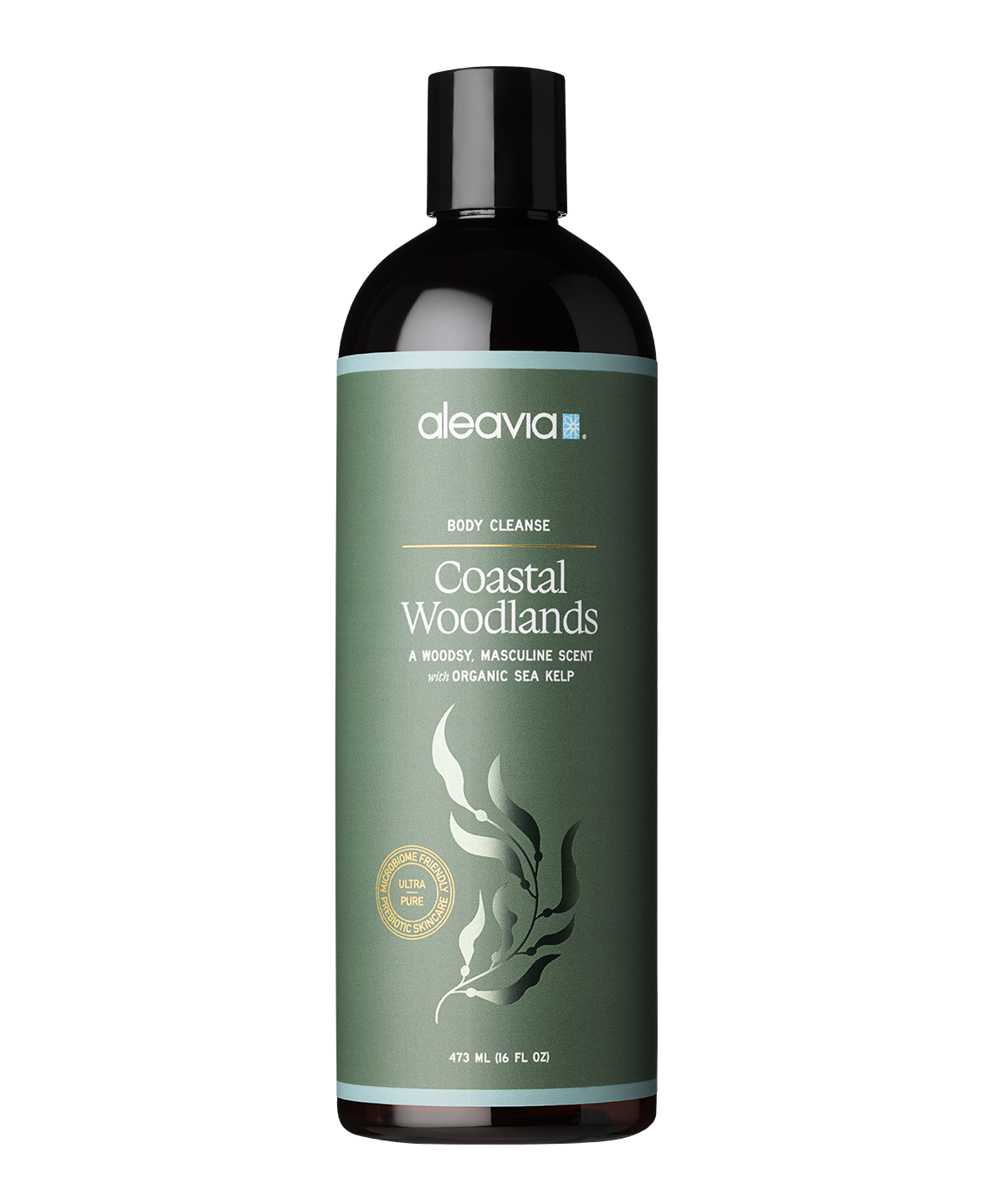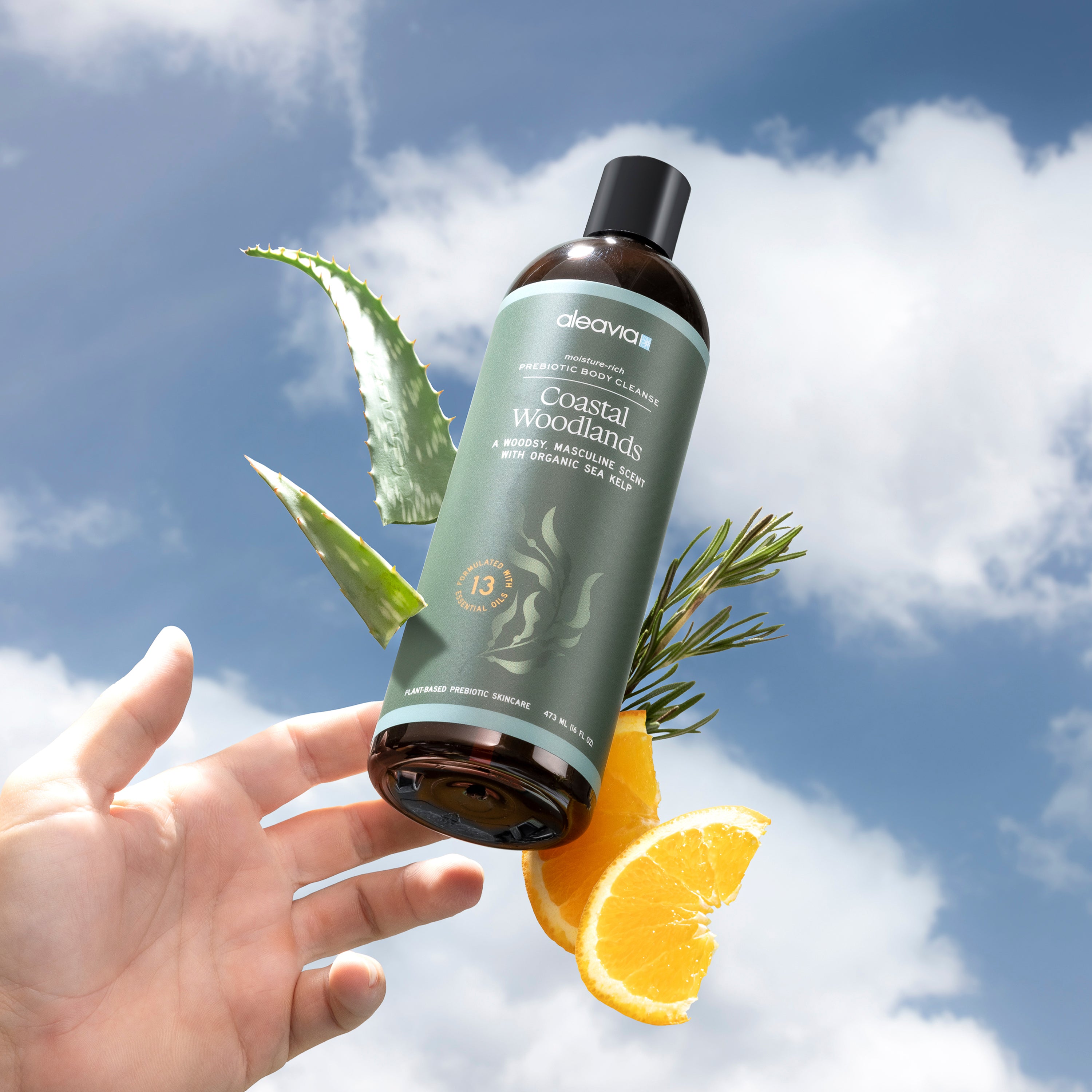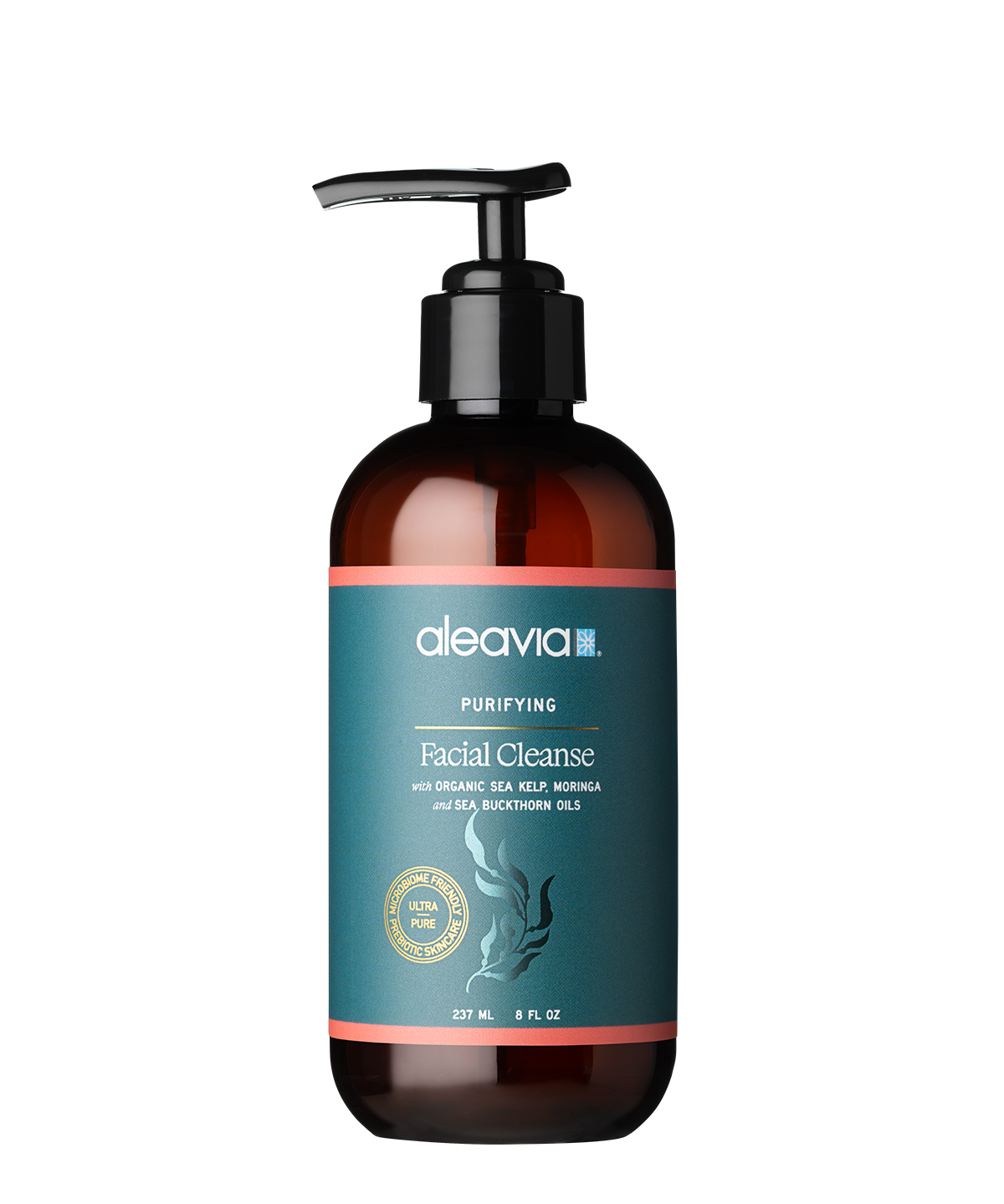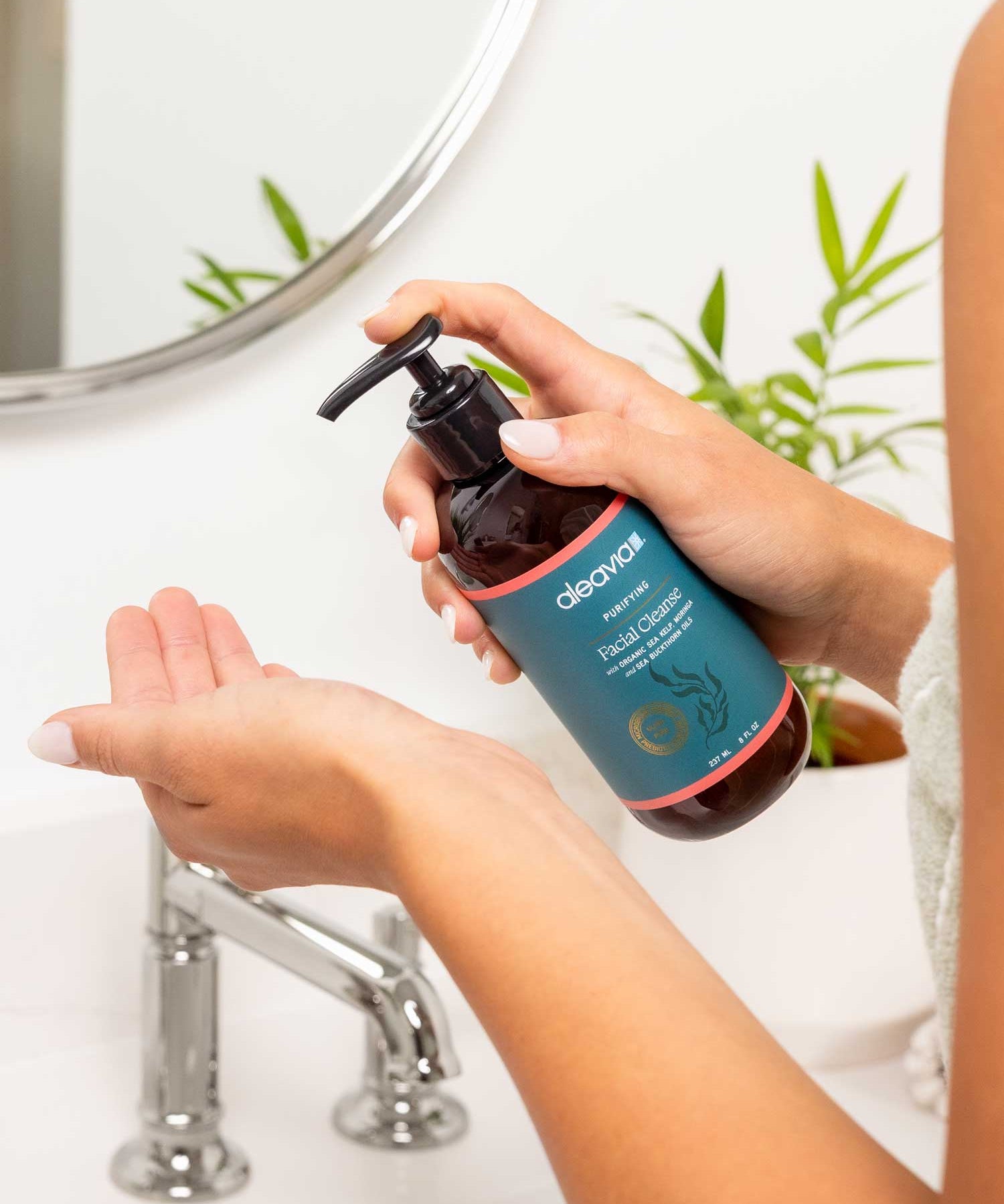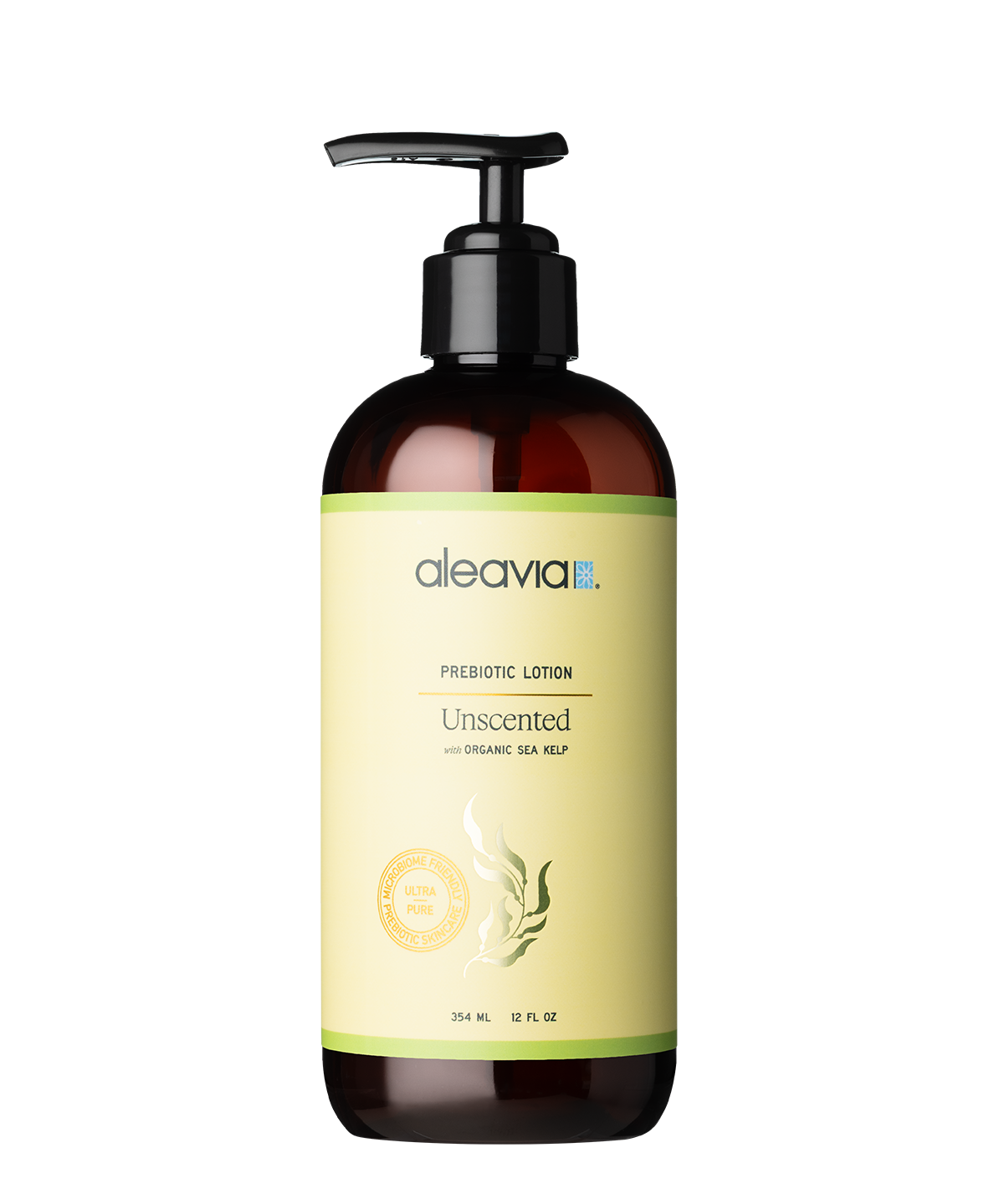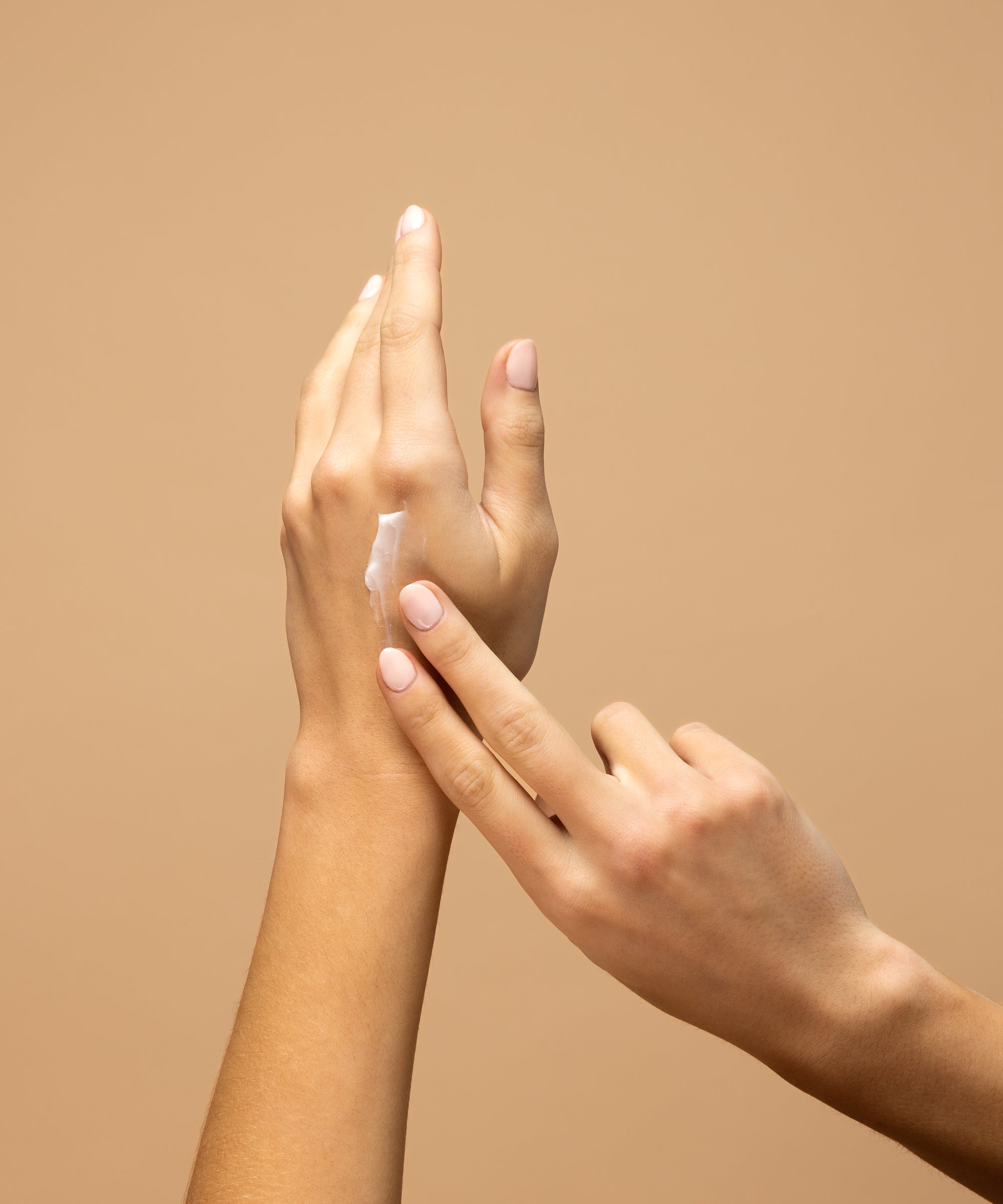Aloe Vera
Aloe Vera (Aloe Barbadensis) is an essential when it comes to natural skincare—it’s gentle, deeply hydrating, and loaded with skin-repairing nutrients. Whether you're dealing with sunburn, breakouts, irritation, or glowing skin, aloe is the ideal ingredient for nearly every skin type.
What is Aloe Vera?
Aloe Vera is a succulent plant whose gel-like inner leaf is known for its soothing, moisturizing, and healing properties. The clear gel contains over 75 active compounds, including water, polysaccharides, enzymes, vitamins, minerals, and amino acids.
How is Aloe Vera used in skincare?
- Gel Form (pure or blended): Directly from the leaf—raw aloe is used fresh or stabilized in moisturizers, after-sun products, masks, and spot treatments.
- Juice or Extract: Aloe vera juice is often incorporated into toners, cleansers, mists, serums, masks, gels and lightweight creams.
- Powdered Aloe: Dehydrated aloe is used in serums or DIY skincare for longer shelf life and potency.
What are the benefits of Aloe Vera for your complexion and skin microbiome?
Aloe has prebiotic properties that support good bacteria on the skin. It supports the skin microbiome by reducing inflammation, providing prebiotic sugars (like acemannan) to feed beneficial bacteria and creating a hydrated, calm environment that strengthens the skin barrier. Here’s why aloe vera is beneficial to your skin health:
- Soothing & Anti-inflammatory: Aloe vera contains bradykinase (an enzyme that helps reduce inflammation), making it incredible for sunburns, irritated or inflamed skin, acne flare-ups, eczema or psoriasis. Inflamed skin often leads to microbial imbalances. Aloe calms inflammation and oxidative stress, creating a more stable environment for microbial diversity and harmony.
- Deep Hydration: Aloe is about 98% water, but the magic lies in its mucopolysaccharides, which help bind moisture to the skin. Aloe contains polysaccharides that act as prebiotics—they feed the beneficial bacteria on your skin, helping them thrive and outcompete harmful microbes.
- Supports Skin Healing: Aloe accelerates wound healing by boosting fibroblast activity (the cells responsible for collagen and elastin). It’s great for minor cuts or abrasions, post-peel or post-laser recovery and fading acne scars over time.
- Antibacterial & Antimicrobial: Aloe contains salicylic acid, saponins, and lupeol, which help reduce the bacteria that cause acne, while being gentle enough not to dry you out. While Aloe has mild antibacterial and antifungal properties, it's not harsh. It won’t strip or sterilize your skin like traditional alcohol-based or antibacterial treatments. This makes it great for balancing, not disrupting, your flora.
- Brightening & Anti-aging: Vitamin C, E, and beta-carotene help protect against free radical damage, improve skin tone, and support elasticity. It’s a soft, natural way to promote glow and firmness. Aloe boosts hydration and helps stimulate collagen and elastin, keeping the skin barrier strong and less vulnerable to pathogen overgrowth.
- Gentle pH-Balancer: Healthy skin has a slightly acidic pH (4.5–5.5), which is essential for a balanced microbiome. Aloe’s pH is naturally close to that range, helping to maintain or restore the acid mantle—your skin’s natural protective layer where your microbiota live.
Aloe Vera is ideal for:
- Sensitive or compromised skin
- Post-acne healing (where skin flora often gets disrupted)
- Hot, humid environments where the microbiome can be thrown off by sweat and pollutants





